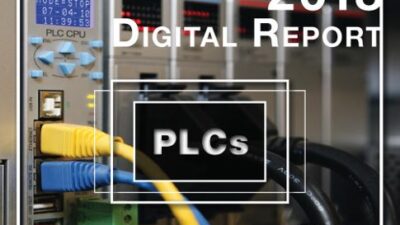National Instruments announced its contribution as a platinum sponsor for EcoCAR: The NeXt Challenge, a new collegiate vehicle engineering competition. In the competition, students will reengineer a 2009 Saturn VUE with advanced technology to reduce environmental impact while retaining consumer appeal.
| Students will reengineer a 2009 Saturn VUE with advanced technology to reduce environmental impact while retaining consumer appeal. |
National Instruments announced its contribution as a platinum sponsor for EcoCAR: The NeXt Challenge, a new collegiate vehicle engineering competition. In the competition, students will reengineer a 2009 Saturn VUE with advanced technology to reduce environmental impact while retaining consumer appeal.
As a platinum sponsor, NI is donating more than $300,000 worth of engineering hardware and software to student teams in 2009, including NI LabVIEW graphical system design software, CompactRIO in-vehicle embedded control systems, and PXI modular simulation systems. Teams will use these tools to design, prototype and deploy their vehicles and tackle the unique algorithm engineering challenges associated with developing advanced hybrid vehicles.
The EcoCAR challenge continues the 20-year history of advanced vehicle technology competitions established by the U.S. Department of Energy (DOE). The three-year competition gives engineering students the opportunity to design and build advanced vehicles with next-generation automotive technologies while gaining hands-on learning experience with the latest automotive engineering tools and techniques.
The competition is patterned after real-world automotive engineering practices that emphasize a model-based design approach. Students will focus on the vehicle design and modeling in the first year, during which selected teams will use NI PXI hardware and the LabVIEW Real-Time Module to develop hardware-in-the-loop (HIL) simulations of their vehicles. These HIL simulations will serve as virtual vehicles on which teams can test and validate advanced in-vehicle hybrid system controllers before the actual vehicle designs are assembled.
Students will use NI CompactRIO embedded controllers with LabVIEW as well as systems from other sponsors to implement control models that will optimize the interaction between electric motors, combustion engines and energy storage systems.
When teams receive actual vehicles in the second year of competition, they will be able to integrate their controllers into those vehicles with minimal effort. At the end of years two and three, students will use their reengineered Saturn VUE vehicles to compete in a weeklong series of competitions for proving-grounds testing and technical evaluation in a number of key categories including fuel economy, greenhouse gas emissions, dynamic performance, consumer acceptability and engineering practices.


